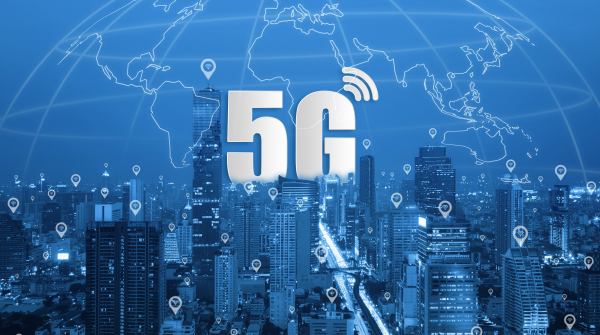Global 5G IoT connections increase to 116 million by 2026


A new study from Juniper Research is said to predict that global 5G IoT (Internet of Things) connections are expected to reach 116 million by 2026, up from just 17 million in 2023. Growth of up to 1,100% is expected to be mainly supported by improved services in the healthcare industry and smart cities.
Healthcare and smart cities markets will account for more than 60% of 5G IoT devices by 2026, the digital market research, forecasting and consulting firm said in its review of 5G adoption in key industries such as automotive, mobile broadband and smart home .
Juniper further pointed out that the ultra-low latency and high bandwidth of 5G IoT technology will be key factors driving the surge in new connections.
In assessing the impact of 5G IoT on smart cities, Juniper expects significant growth in smart city services due to the cost-effectiveness of 5G networks in deployment and their ability to carry large amounts of data.
The report predicts that by 2026, there will be more than 60 million 5G smart city connections worldwide. In addition, the study found that monitoring of transportation networks, including road and rail networks, will be a key service requiring 5G-enabled high-bandwidth cellular connections.
For this reason, city planning departments are encouraged to utilize 5G connections as high-bandwidth gateways.
The agency analyzed how digital transformation in healthcare is driving 5G adoption, and said healthcare providers' investments in 5G-based services will be impacted by service modernization, given the inefficiencies exposed by the global COVID-19 pandemic Driven by demand.
The study forecast identifies services such as telemedicine, connected ambulance and emergency services, and real-time remote monitoring as critical services that will be immediately improved by the integration of 5G services.
Olivia Williams, a co-author of the study, said 5G will enable more efficient and dynamic healthcare delivery that wasn't possible with 4G or Wi-Fi.
However, Williams suggested that healthcare providers must first implement 5G in areas where it can offer a high return on investment, especially connected emergency services.